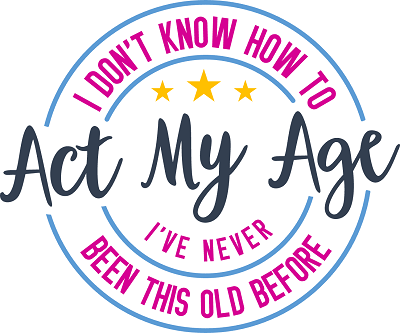 Growing older can be frustrating. Besides all of the aches and pains associated with aging, many seniors begin developing problems remembering or being able to focus.
Growing older can be frustrating. Besides all of the aches and pains associated with aging, many seniors begin developing problems remembering or being able to focus.
Scientists and health professionals are beginning to see how seniors can benefit from music therapy. It may be something you want to consider to help seniors in your life.
What exactly is music therapy? Music therapy is an activity in which a qualified person uses music, whether listening or learning to play, as a means to bring about positive changes in a person’s cognitive, physical, psychological, or social functioning.
The ultimate goal of music therapy is to improve a patient’s or client’s quality of life. This is done through encouraging them to participate and interact with others taking music therapy, by providing individual treatment, and by influencing their well-being.
How can music therapy benefit seniors? The therapist uses music therapy to address a myriad of personal goals. These include developing musical skill in the client, enabling them to change their behavior, allowing them to express emotion and expect a resolution to them, as well as providing a sense of connectedness, comfort, and personal affirmation.
Music therapy can also be used to reduce stress and encourage relaxation, give structure to exercise and movement, and enhance personal relationships and social skills. Finally, music therapy is beneficial because music reinforces learning, improves focus, and improves a person’s self-esteem.
Music therapy easily captures your attention and it’s no different for those with diminished mental capacity due to illness or injury. In fact, music stimulates many parts of the brain, which can be extremely beneficial for those with dementia.
Music can be used no matter what a person’s ability or disability. It is an effective memory aid and encourages movement. Music taps into our memories and plucks on our heart strings.
Making music together, no matter which instrument is being used, allows those taking music therapy classes to relax and enjoy themselves. Because it evokes emotion and brings back memories, even if a person is merely listening you can see the smile appear on their face.
Music therapy may include singing together, playing instruments, improvising, moving to the rhythm of the music, or simply listening. You can find music therapy sessions being offered in rehabilitation facilities, nursing homes, day care treatment centers, mental health centers, and psychiatric hospitals. Some correctional facilities, hospice programs, and private practices also use music therapy to benefit their clients and patients.
Conditions which can be improved by using music therapy include but are not limited to:
- Alzheimer’s disease
- Brain injuries
- Developmental disabilities
- Phantom limb pain
- Paralysis to an arm or leg following a stroke
As you can see, there are many benefits to using music therapy with seniors. Once treatment has begun, you can expect to see improvements in their ability to maintain focus, pay attention to detail, and maybe even in their ability to remain stable on their feet.
All-in-all, music therapy has so much potential it’s no wonder the medical community is beginning to use it to treat seniors.


